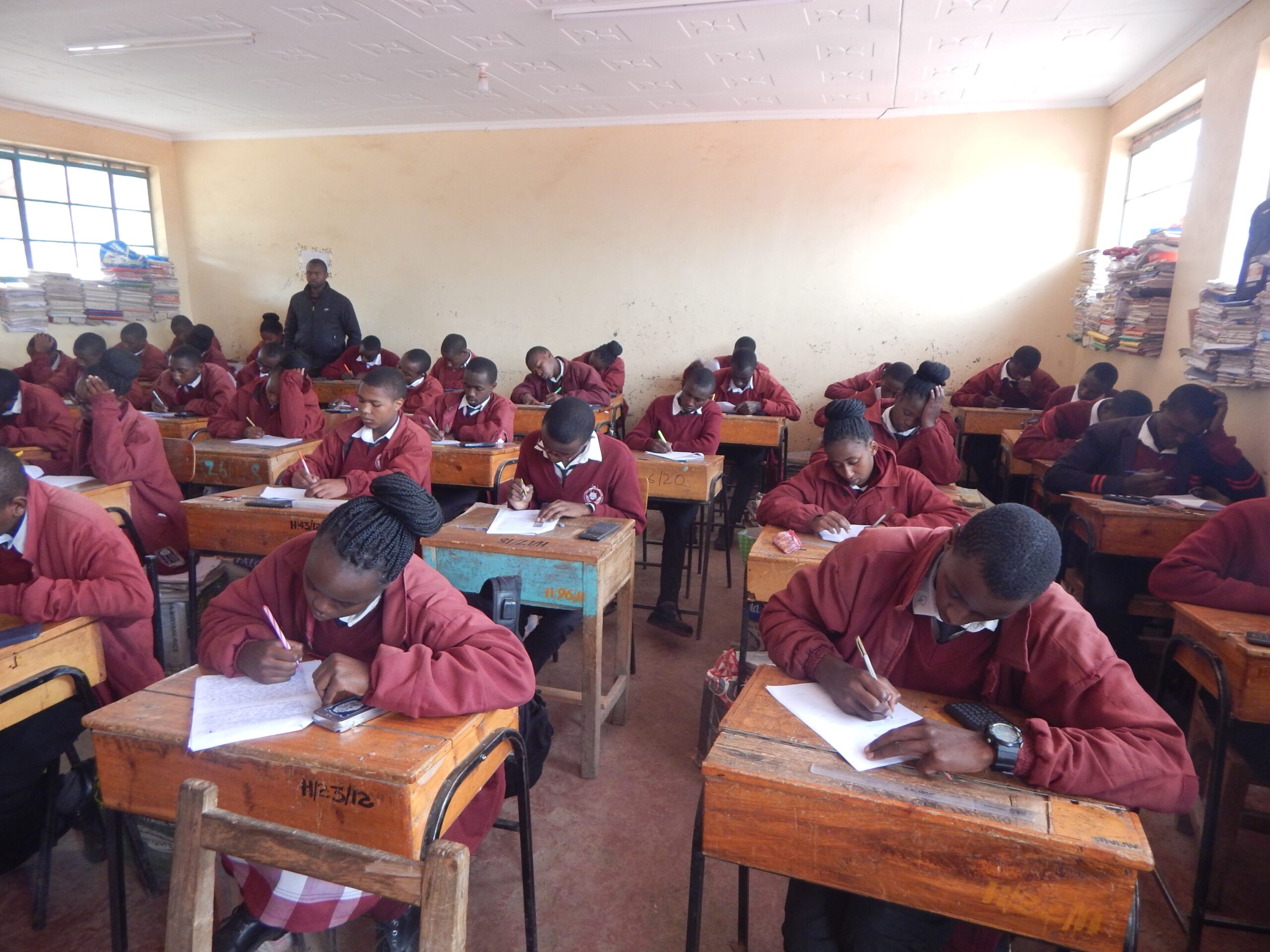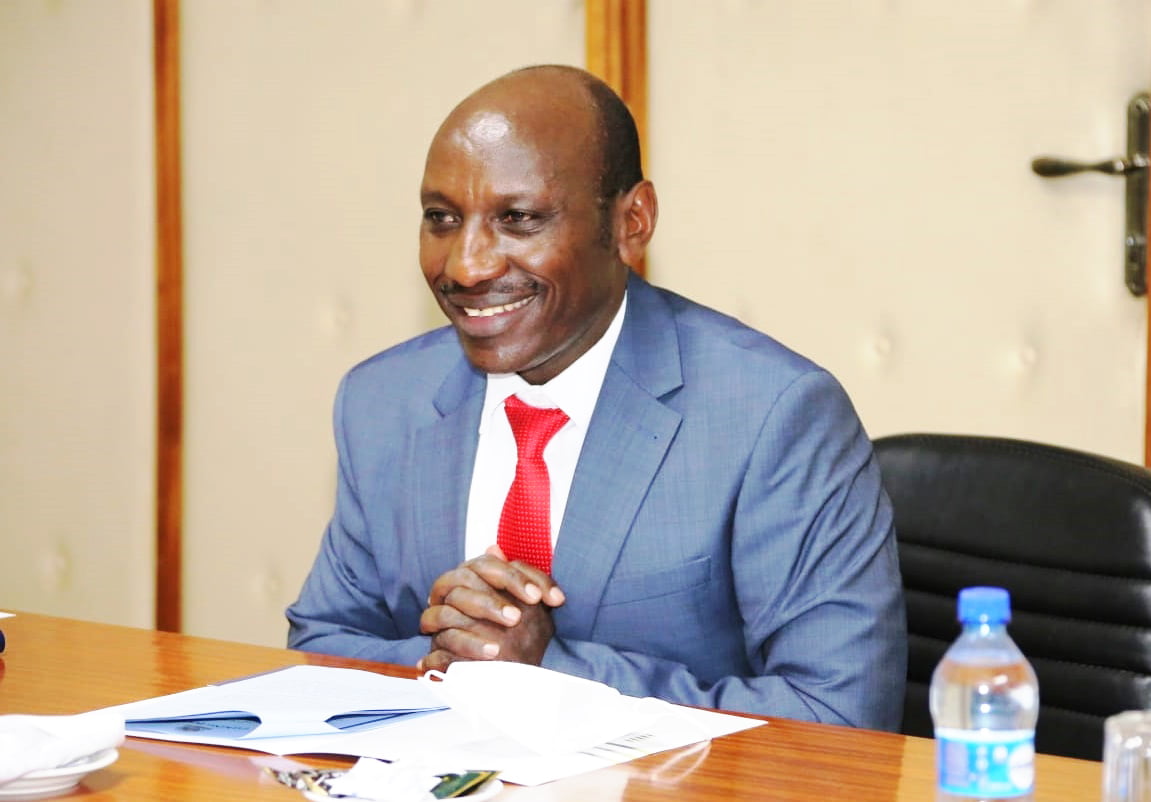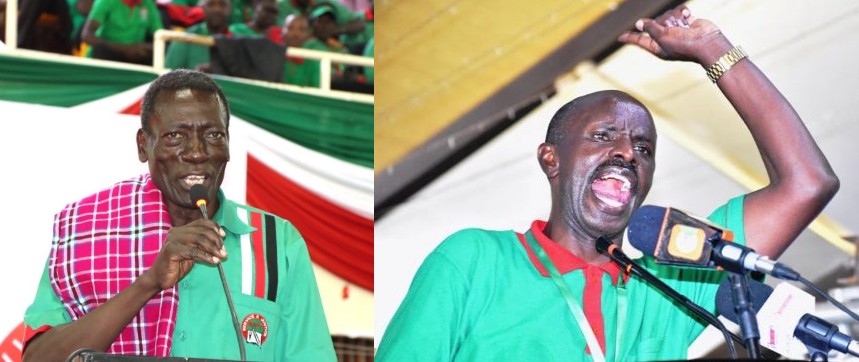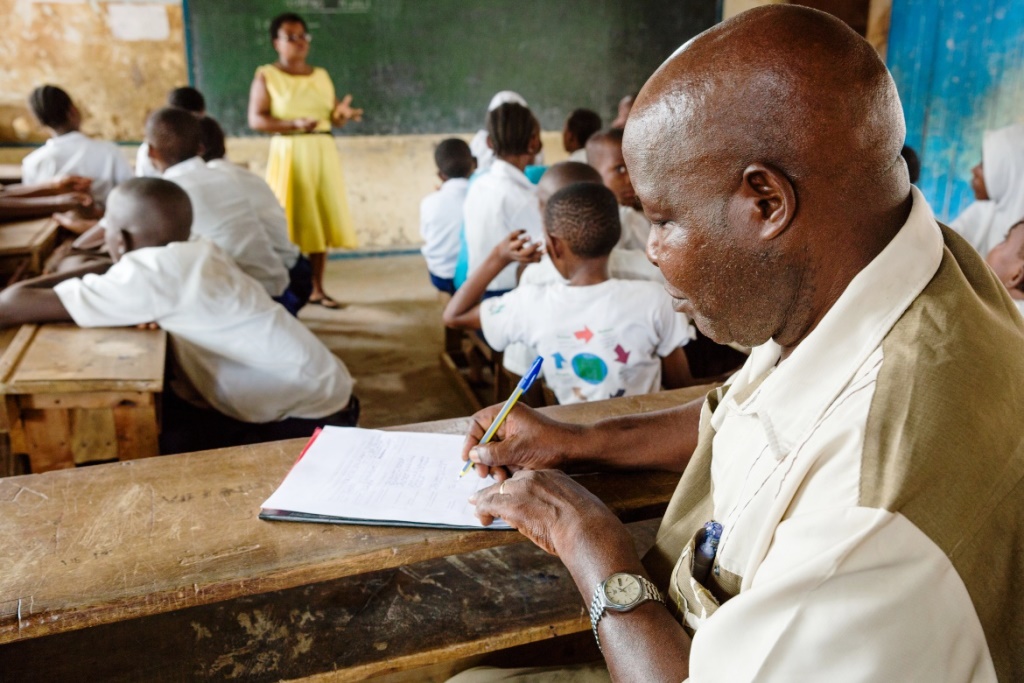In the recent past, I was a teacher of English Language and Literature in a certain nascent private secondary school in this jungle of concrete – Nairobi. I stopped teaching in that cistern of knowledge when an irresistible urge seduced me to venture into private practice – education consultancy.
Today, I take a mental flight back to those old good days. Then, in a riveting rehash, I remember things we did with a fellow English enthusiast in 2015 and 2016 – years of our Lord and Savior – Jesus Christ. We were teaching in private schools, which were in close range. Like a stone-throw distance. That preceptor is Michael Masinde, who is also a sage in this age.
Actually, we met in an English workshop as keynote facilitators. Thereafter, we established a profound bond in the sacred corridors of knowledge. After that colourful convocation, being that I was an administrator at my workstation, it was very easy to invite him to sharpen my students in English as a core-career subject. And splendid indeed, he obliged. He did not dare to dither. As usual, in his full element, he was able to manifest at his best. He made an impeccable presentation that left my Form 4 candidates glad and grateful.
Afterwards, the fellow penman also invited me to talk to his sedulous students. True to my words and deeds, I honoured his cordial invitation.
Serendipitously, this became the genesis of our close academic camaraderie heretofore. In the same token, the intense intellectual interactions made students under our training and tutelage to garner good grades in English Language and Literature.
In 2017, I quit being an active classroom teacher, in order to focus fully on education consultancy – writing, editing, training and public speaking. Albeit, when time allows, I still visit his students to prop up them up: to cross the T’s and dot the I’s. More so, in poetry – the beautiful art where less is more, which also happens to be the genre, I love above everything else in the literary agora. Poetry being my pet subject in English, also compelled Jackson Makula and I to co-author a textbook: Nuts and Bolts of Secondary Poetry.
Therefore, based on my humble submissions, it is clear like crystal. Joint effort in teaching made our English disciples to scoop good grades in KCSE. We were two, lending credible credence to the wise words: “When two heads combine, the third one emerges.” Solomon says in Ecclesiastes 4:9, “Two are better than one, because they have a good return for their labour.”
READ ALSO:
Actually, the collaborative approach to teaching English helped us to soar high in the sky like eagles. For instance, during that same time, the compulsory KCSE set texts were The River and The Source by Margaret Atieno Ogola and The Caucasian Chalk Circle by Bertolt Brecht. I must admit. That I met big breakthrough in the in-depth analysis of The River and The Source. I think I understood that great text better because I knew the geographical setting of the story that revolved around the sultry shores of Nam Lolwe, Lake Victoria: the mother of all rivers. That place I was born and brought up features in that thrilling tale.
Conversely, when I started teaching The Caucasian Chalk Circle, I struggled to understand it. I read it for the umpteenth time. Then, went through good guides penned by venerable literati such as Prof Evan Mwangi. Unfortunately, the heroic book still remained clouded in mystery. I know most teachers would hardly cite their struggles this way due to the tide of pride.
On my side, I had to obey wise words of William Shakespeare: “To thy own self, be true.” Based on that sincerity, I scouted for a practical solution. Somewhat, when I invited Mwalimu Masinde to talk to my students about that Marxist text, I sat there throughout the incisive session. Luckily, it solved my literary problem. Somewhat, team teaching saved me from some shame of misunderstanding the set text. The moral of my self-disclosure is simple like a dimple: Team teaching can help teachers polish pale parts, and attain more mastery.
Again, English syllabus is big and broad. When teachers engage in team teaching. For instance, at the departmental level, they can break down various tasks and assign each other based on the areas of interest. Team teaching also entails setting, marking and moderating exams at the departmental level. Schools with adequate staff can wend that way.
Somewhat, let a teacher pick a specific area like poetry, another one to pick grammar — and so on, and so forth. This strategy can also work well when it comes to the teaching of the KCSE set texts. Teachers can pick different set texts like the compulsory play The Samaritan by John Lara, or the novel Father’s of Nations by Paul B. Vita. Of course, as we think to go that way, we must brace up ourselves for prevailing challenges. For instance, a teacher who is lackadaisical may opt for a lesser load.

Furthermore, team teaching can spill to the neighborhood. Especially schools that share the fence such as Good Shepherd Minor Seminary and The Irene School in Maralal; Meru School and Kaaga Girls; Kisii School and Kereri Girls; St Joseph’s Boys-Kitale and St Joseph’s Girls-Kitale as well as Kolanya Girls and Kolanya Boys.
In conclusion, in team teaching, teachers of English can convene more meeting of minds. To compare notes in relation to pedagogy and methodology. They can confab about Best Academic Practices, and insightful instructional materials to use to access academic success. Team teaching may also include arrangements to form clusters, and do joint exams: Organise symposia, creative writing, debate and public speaking competitions. Such imaginative initiatives promote healthy competition and team spirit. Indeed splendid, through team teaching, tutors impress upon themselves and learners the essence of collaboration as a soft skill worth honing in these times and climes.
By Victor Ochieng’
The writer is an education consultant. He rolls out talks and training services.
vochieng.90@gmail.com. 0704420232
Get more stories from our website: Education News
To write to us or offer feedback, you can reach us at: editor@educationnews.co.ke
You can also follow our social media pages on Twitter: Education News KE and Facebook: Education News Newspaper for timely updates.
>>> Click here to stay up-to-date with trending regional stories






